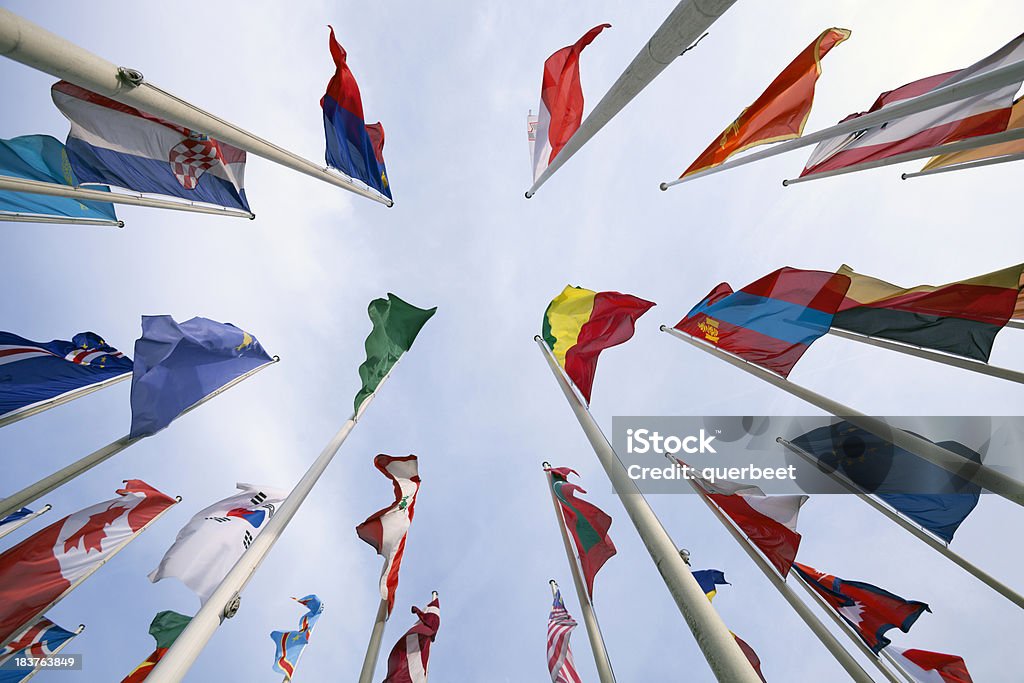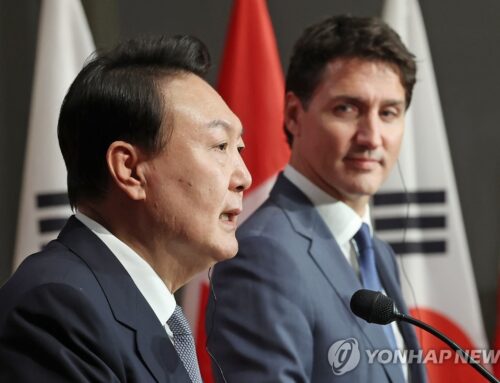Canadians Willing to Explore Trade Beyond the United States
Most residents want to capitalize on Asia’s need for Canadian energy resources, but reject state-owned corporate takeovers.
Canadian’s most important trading countries:
- United States, 95%
- European Union, 54%
- United Kingdom, 51%
- China, 47%
- Mexico, 25%
- Japan, 19%
- India 10%
- Russia, 6%
- South Korea and Brazil, 4%
About two thirds of Canadians (67%) believe the Canadian federal government should aim to diversify its trade to be less dependent on the United States.
Majorities of Canadians who in the 2021 federal election voted for the Conservative Party (68%), the New Democratic Party (NDP) (also 68%) and the Liberal Party (78%) agree with this policy goal.
More than half of Canadians believe strengthening economic and political relations with Asia should be Canada’s top foreign policy priority (52%) and think Canada stands to benefit from more Asian investment in the country (51%).
“Most residents of British Columbia (59%), Alberta (56%) and Ontario (52%) foresee benefits from Asian investment in Canada,” says Mario Canseco, President of Research Co. “The proportions are lower in Saskatchewan and Manitoba (47%), Quebec (46%) and Atlantic Canada (44%).”
For three-in-five Canadians (60%), Canada needs to act now to take advantage of Asian countries’ need for energy resources.
Only three-in-ten Canadians (30%) consider Canada to be part of the Asia Pacific region—including 34% of residents of Saskatchewan and Manitoba and 42% of British Columbians.
A separate question asked Canadians about their feelings if a company, bank or investment fund controlled by a foreign government were trying to purchase a controlling stake in a major Canadian company.
Canadians are more welcoming to corporate takeovers originating in three countries: the United States (61%), France (53%) and Japan (50%).
The favourability rating is significantly lower for similar actions involving the governments of Brazil (33%), India (29%), the United Arab Emirates (25%), Qatar (24%), Saudi Arabia (23%) and China (22%).
Methodology: Results are based on an online survey conducted from November 23 to November 25, 2023, among 1,000 adults in Canada. The data has been statistically weighted according to Canadian census figures for age, gender and region. The margin of error – which measures sample variability – is +/- 3.1 percentage points, 19 times out of 20.





